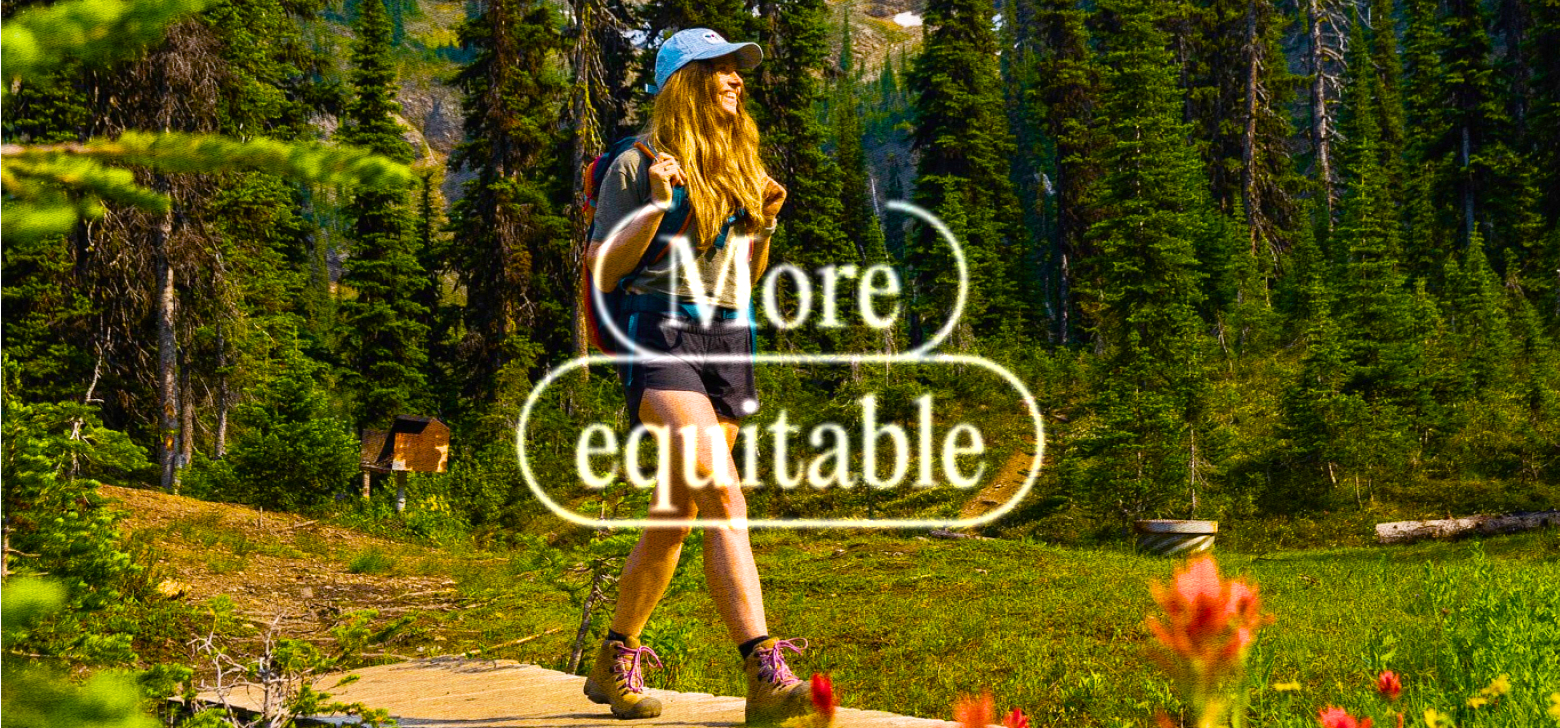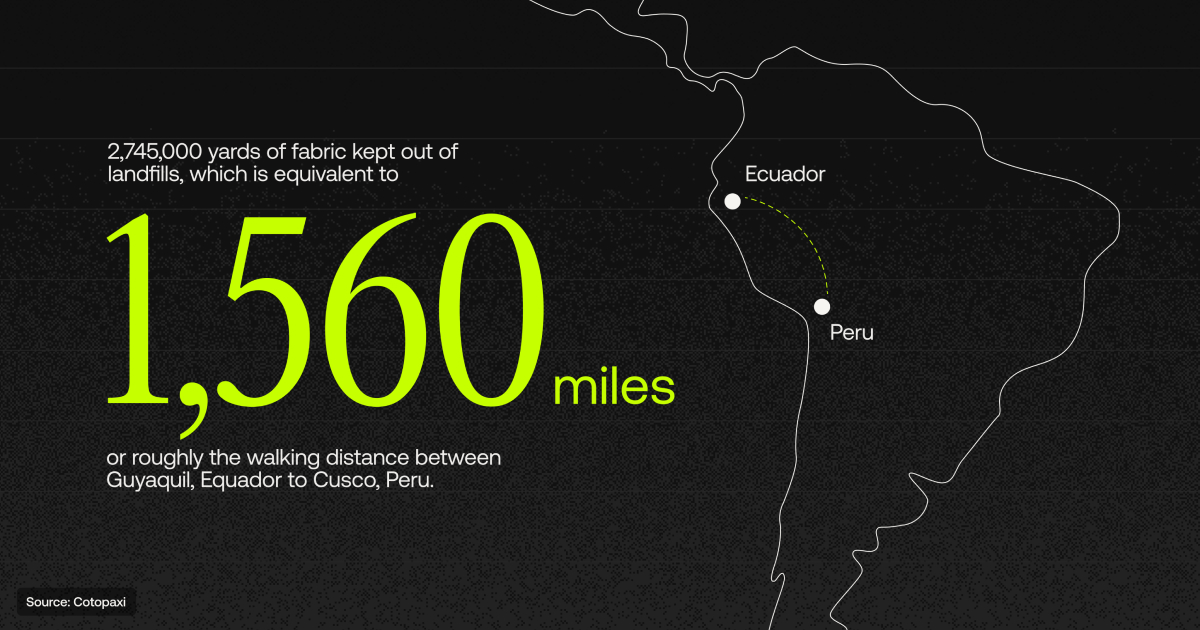Sustainability is a design principle at Cotopaxi. The outdoor apparel company uses recycled materials and leftover fabrics, to make products with a smaller carbon footprint. The brand has been carbon-neutral certified
since 2020. It also reports that nearly all of its products are made with nonvirgin or renewable materials as of summer 2024.
One of the inarguable benefits of getting out and exploring the world is better understanding how closely linked we are to the natural environment that surrounds us. It’s this tenet that underpins Cotopaxi’s intersectional approach to environmentalism and justice. The company believes it's impossible to extricate climate action from poverty relief efforts because the effects of climate change are pushing so many people into poverty. That’s why the Cotopaxi Foundation donates at least 1% of the company’s annual revenue to projects that improve the health, education, and livelihoods of Latin America’s poorest communities, which inspire and produce Cotopaxi’s goods.
Some of the
projects the foundation has funded include: Aliados, which helps indigenous Ecuadorian farmers build resilient community businesses using regenerative agriculture and biodiversity, and then connects them to global market segments to reduce their poverty; Range of Motion Project, which restores mobility and independence to underserved people living with amputated limbs in Quito, Ecuador, and Guatemala City through high-quality prosthetic care and rehabilitation; CARE Ecuador, which provides Venezuelan migrants and refugees reproductive and sexual health support, along with general food, water, and shelter; and Mercy Corps, which provides emergency cash assistance, medicine, and small business grants to nearly 90,000 Venezuelan refugees.
Cotopaxi’s rapid growth as a consumer brand shows that small businesses and start-ups don’t have to “make it” before focusing on climate action. Instead, by baking justice and climate activism into its business model, the company elevates entire communities as it grows.



.png)

